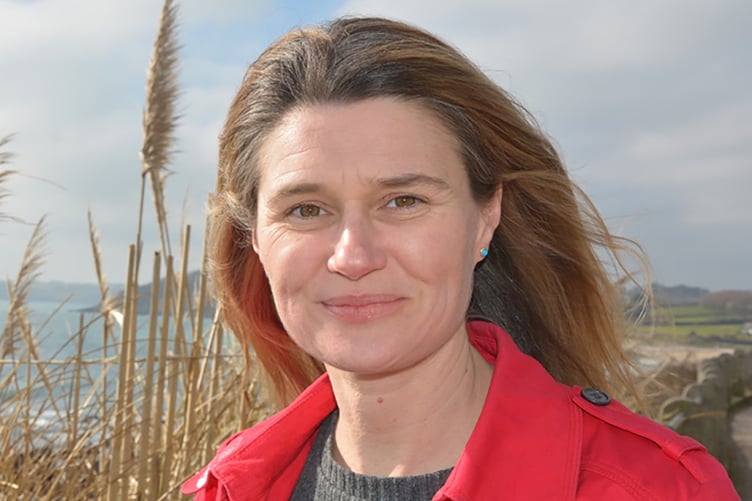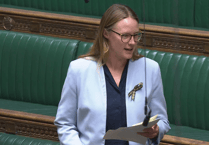THERE’S a certain kind of ambition that shoots for the stars. The kind of ambition that only a few can imagine, let alone achieve, but one that Cornwall shares — and for good reason.
Cornwall’s unique geography gives us an advantage in a range of industries, and space is no exception. Thanks to our remoteness, open skies and position jutting out into the Atlantic. Our growing space sector has enormous potential, not just for innovation, but for real economic opportunity across all our communities in Cornwall, which is really needed. This week I attended a roundtable meeting in Westminster, along with leaders in the Cornish space sector, to showcase Cornwall’s strengths in this area to the Space Minister, Chris Bryant, and canvass government support.
With a 2030 carbon neutral target and the aim of being the first net zero spaceport in the world, the spaceport is also leading the way in making the space industry more sustainable. The spaceport education programme has done brilliant educational outreach in Cornwall schools, so there was a huge crowd in the middle of the night to watch the horizontal launch. A generation of Cornish children were inspired to reach for the stars, quite literally, and I really hope they will be able to do that from Cornwall in the future because our space industry is not just a collection of buildings and equipment; it is a thriving network of people, businesses and educational institutions that has the potential to bring great economic value to the Duchy and lift children’s aspirations for generations to come.
Goonhilly Satellite Earth Station on the Lizard peninsula is another pioneer in the space industry. In 2021, it created the world’s first commercial lunar and deep space communications network, and it has a bilateral pilot with the UK space industry, which enables it to provide operational support to international partners. It is a world class facility to test and evaluate drones.
A number of innovative SMEs and start-ups connected to the space industry, as part of Cornwall space cluster, have coalesced around the spaceport in Newquay and Goonhilly. The cluster is growing exponentially; it now has 477 businesses, having grown by 47 per cent since 2018, and generates £116-million gross value added. It represents what could be a strong, innovative growth sector in Cornwall, bringing specialist jobs to a place that very much needs them.
We in Cornwall also have some of the best space courses and career development in the country. Truro and Penwith College offers apprenticeships and degree courses, including the world’s first higher national certificate and higher national diploma in space technologies. The University of Exeter offers space graduate, postgraduate and short courses and workshops, and is a world-leading university for related climate and sustainability research.
Cornwall is world leading in this field. We need a national space strategy that recognises the value of regional clusters such as Cornwall’s. That way we can ensure that the economic benefits of the Cornish space industry are felt by the people who live here.




.jpeg?width=209&height=140&crop=209:145,smart&quality=75)
Comments
This article has no comments yet. Be the first to leave a comment.